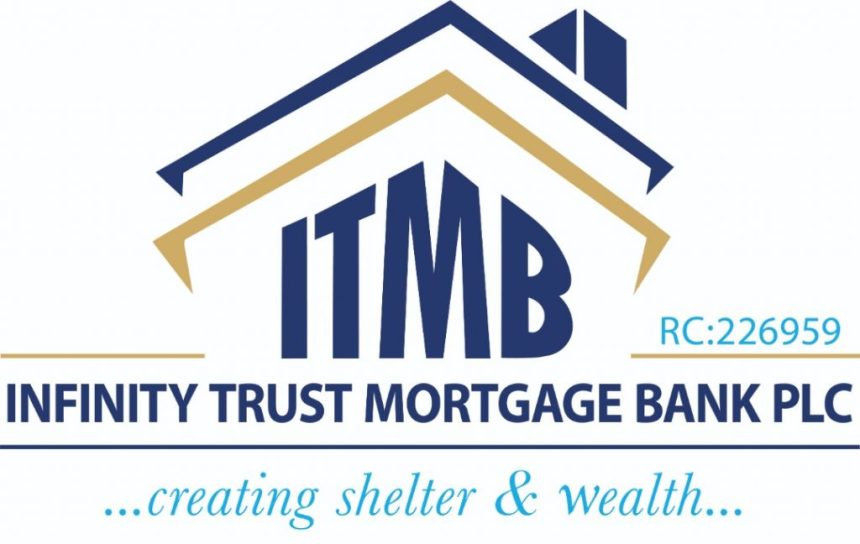Infinity Trust Mortgage Bank (ITMB) has secured a ₦5 billion facility to boost its affordable housing efforts across Nigeria. The loan, provided through a government-backed real estate fund managed by ARM Investment Managers, marks a significant push toward reducing the country’s housing deficit and expanding homeownership opportunities for low- and middle-income earners.
The funding aligns with the federal government’s Renewed Hope Agenda, which prioritizes inclusive housing development and financial access as part of broader economic reforms. With Nigeria currently facing a housing shortfall estimated at over 17 million units, the new capital is expected to support a wave of new mortgage offerings tailored to first-time buyers and underserved segments.
According to ITMB, the facility will enable it to offer more flexible and accessible home financing options. These include lower interest rates, extended repayment periods, and streamlined application processes. The goal is to remove longstanding barriers that prevent many Nigerians—especially young families and informal sector workers—from securing mortgage loans.

“This injection of funds is more than a loan; it’s a step toward giving more Nigerians the dignity of homeownership,” said a senior official at ITMB. “We believe this initiative will drive both social and economic development, and we are proud to be part of a broader national effort to make housing more inclusive.”
ITMB, which has been active in the mortgage space for over two decades, has a track record of working with developers and clients to structure flexible financing solutions. The bank’s latest funding positions it to scale its operations and reach a broader demographic.
Analysts suggest that this development could catalyze greater participation by private developers and financial institutions in affordable housing projects, helping to stimulate the sector while easing the pressure on urban rental markets.
With this strategic move, stakeholders are optimistic that Nigeria can begin to close the housing gap—not just with new buildings, but with meaningful access to the financial tools needed to own them.



